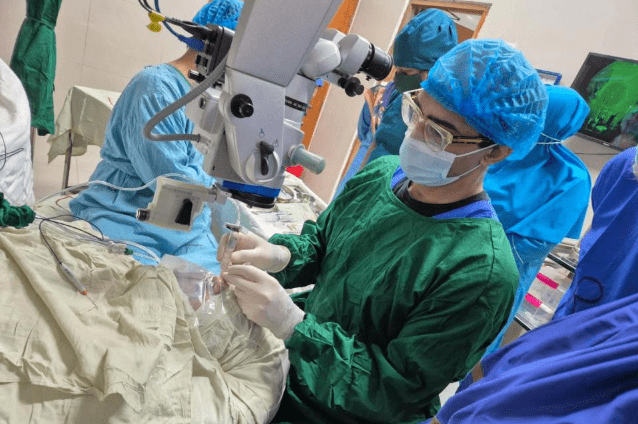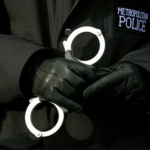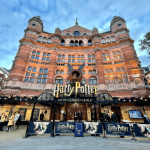A team of expert ophthalmologists from London’s Moorfields Eye Hospital has provided vital medical intervention in Dhaka, restoring the vision of more than 20 young protesters injured during last year’s civil unrest.
The visit underlines how UK surgeons provide eye surgery in Bangladesh, offering a lifeline to those affected by severe ocular trauma.
Consultant eye surgeons Mahi Muqit and Niaz Islam travelled to Bangladesh following an official request from the country’s interim government. During their time in Dhaka, they assessed 150 patients, aged between 14 and 30, and performed over 100 procedures – including 24 major surgeries across just two days.
“It was an honour to be invited to help these people and an intense experience for all of us,” said Mahi Muqit.
All patients treated had suffered serious eye injuries from rubber bullets during the July 2024 protests led by Students Against Discrimination. While some had received initial emergency care last year, many remained in need of expert surgical intervention.
The Moorfields team not only conducted high-stakes operations but also ensured that patients who did not undergo surgery were given detailed rehabilitation plans in collaboration with local ophthalmologists.
“It’s such a privilege to be able to restore sight to people who have lived with sight loss for months,” said Mr Muqit
Among the cases was Rohan, a young man blinded in both eyes after being shot by police: “He was blinded in both eyes, with one being beyond hope. Our operation on the other eye fixed his retinal detachment and removed scar tissue.
We have every expectation that his vision will continue to improve as he recovers from the surgery.”
Another patient, Romel, experienced a successful repair of a retinal detachment: “His surgery also repaired a retinal detachment after bullet trauma, and he was also very pleased to hear that his vision will slowly improve.”
One of the more complex cases involved Minhaj, 20, who still had bullets embedded in his eye from the previous year. These were surgically removed by the team, who also repaired the resulting damage.
An estimated 1,000 individuals suffered some form of eye injury during the protests, with 700 treated at the National Institute of Ophthalmology and Hospital (NIOH) in Dhaka.
In addition to surgeries, the Moorfields surgeons provided advanced training to local eye doctors to enhance Bangladesh’s long-term capacity to handle such trauma cases.
“I was delighted to be able to share our expertise and experience with colleagues at NIOH – we hope our legacy lies in having transferred skills to them, so they can in turn offer sight-saving surgery to many others affected by eye trauma in Bangladesh,” said Niaz Islam.






